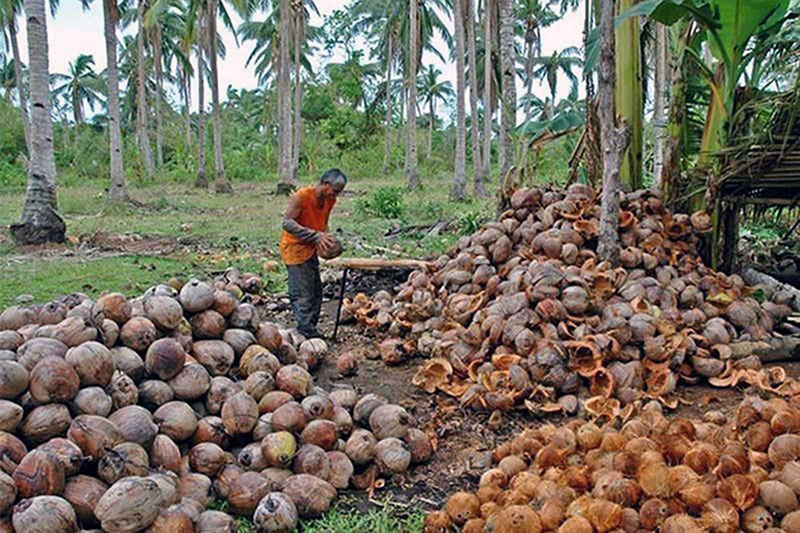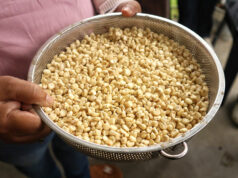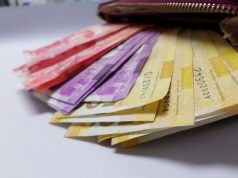Amendments being readied for coconut levy fund law

THE Department of Finance (DoF) will propose legislation to amend the coconut levy fund that will expedite the release of funds to farmers.
“We will propose amendments for easier access and faster disbursement of coco levy funds. Because there are challenges now in accessing it,” Finance Undersecretary Maria Luwalhati Dorotan-Tiuseco told BusinessWorld on the sidelines of Senate hearing last week.
The proposed amendments aim to establish “practical rules” aligned with the fund’s objectives. She gave no further details.
“We will address the bottlenecks (in the fund),” she added.
The Coconut Farmers and Industry Trust Fund Act or Republic Act No. 11521 was signed into law by President Rodrigo R. Duterte in 2021.
It placed coconut levy assets into a trust fund intended to support the rehabilitation and modernization of the coconut industry.
Mr. Duterte also issued Executive Order No. 172, which created the Coconut Farmers and Industry Development Plan.
According to a yearend report issued by the Philippine Coconut Authority board, the fund’s cash assets amount to P49.1 billion, with non-cash assets at P6.1 billion.
The trust fund earned P3.7 billion in income between 2021 and September 2024, it said.
The revamp of the coco levy fund was set into motion by President Ferdinand R. Marcos, Jr. during his State of the Nation Address (SONA) in July.
Mr. Marcos urged Congress to revise the law to make it more responsive to farmers’ needs.
Palace Press Officer Clarissa A. Castro said the amendments may involve stepping up seedling cultivation and replanting efforts.
Agriculture Secretary Francisco P. Tiu Laurel, Jr. said the current law restricts the full use of the fund for its intended mandate of enabling “perpetual replanting” to refresh ageing coconut tree stock.
“The fund should have been focused on continuous replanting, but outstanding issues have prevented the funds from being tapped,” Mr. Laurel said during the post-SONA discussions in July. Replanting is needed because “Our coconut trees have become senile.”
He noted that the old trees produce 40 nuts annually, while younger ones typically bear 80-100 nuts.
With 3 million farmers working on 3.6 million hectares of coconut plantations, the Philippines is the world’s second-largest coconut producer and exporter after Indonesia.
The Marcos administration set a target of planting 100 million coconut trees by 2028.
Albay Rep. Raymond Adrian E. Salceda has filed House Bill No. 2260 to align fund utilization with industry expansion and farmer needs.
Mr. Salceda said the bill aims to assign fixed percentages to national agencies to implement replanting, enterprise development, insurance, healthcare, scholarship, infrastructure, research, and credit programs.
The proposed bill has been with the committee on agriculture and food since July.
The coco levy fund stems from the collection of a levy from coconut farmers in the 1970s. The funds were diverted by associates of President Ferdinand E. Marcos, Sr. to purchase corporate assets, including a majority stake in San Miguel Corp.
The Supreme Court ruled in 2012 that the assets were owned by the government. — Aubrey Rose A. Inosante



